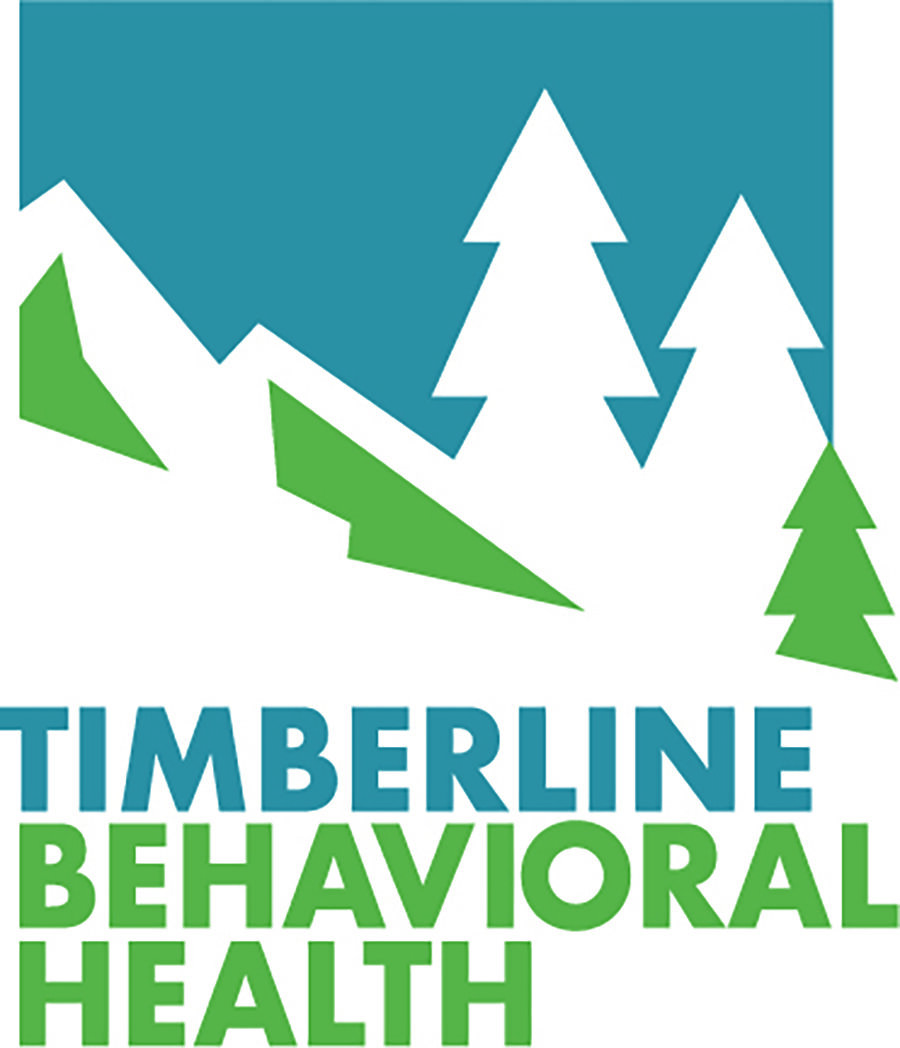What is Applied Behavior Analysis?
Applied Behavior Analysis (ABA) is a scientific discipline that looks to understand and influence the behavior of individuals in order to make positive changes for the individual. We focus on behaviors that can be observed and measured. ABA is based upon the foundations of behaviorism. The discipline grew from the work of individuals such as Pavlov, Lovaas, Koegel, Skinner, and others.
Behavior Analysis can be used to reduce behaviors that have a negative impact on an individual’s life. When doing this, we look at why the individual is engaging in the negative behavior(s). In ABA, we call this identifying the function of the behavior. The four functions recognized in ABA are, to gain attention, to escape a non-preferred situation, to gain access to a preferred item or activity, and automatic/sensory (meaning what an individual is doing feels good - such as drinking water when you are thirsty or eating when you are really hungry).
Once we know the function, we can change how we respond to the negative behaviors to ensure they are not getting reinforced, or rewarded. We also teach a replacement behavior that will allow the individual to get the same outcome in a positive way. For example, if an individual hits to get their iPad, we would no longer give the iPad after hitting. We would also teach the individual to ask for the iPad appropriately and they could get the iPad if they ask appropriately.
ABA can also be used to teach a wide variety of new skills such as functional communication, social skills, daily living skills (hygiene routines, dressing, fine and gross motor skills, etc.), academic skills, and much more. We use different techniques including naturalistic teaching, Discrete Trial Training (DTT), shaping, chaining, and more.
Applied Behavior Analysis is an evidence-based therapy. There are many published articles and studies showing the effectiveness of ABA with a variety of populations. At Timberline Behavioral Health we specialize in helping individuals with intellectual and developmental disabilities, although ABA has been shown to be effective in many other areas as well.

